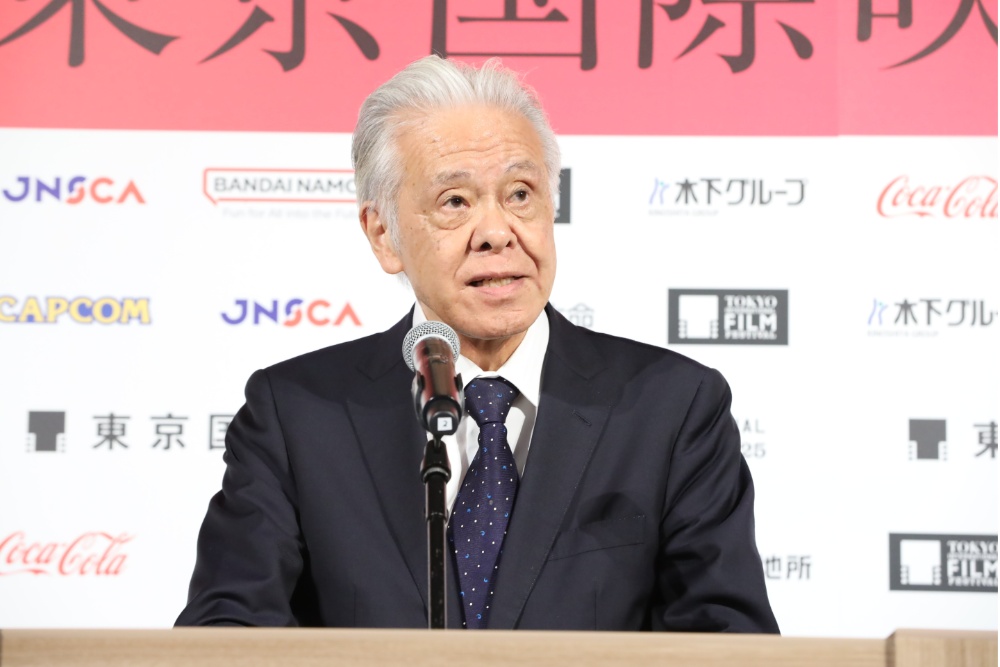As the Tokyo International Film Festival starts its 2025 edition, chair Ando Hiroyasu is steering the event toward a future that emphasizes Asian cinema discovery, gender equality and cross-cultural dialogue — leveraging his decades as a diplomat to position TIFF as more than just a showcase for local product.
“Based on my long experience as a diplomat, I am convinced that people can understand each other regardless of different cultures and values if they open their hearts and engage in dialogue,” Ando tells Variety. “At a time when division and conflict are deepening around the world, I believe that the importance of dialogue and exchange through film is deepening.”
More from Variety
That philosophy shapes TIFF’s strategic positioning in an increasingly crowded global festival calendar. Rather than chase premiere-first status, Ando sees the festival as a gateway to Asian cinema. “As a film festival located in Asia, we aim to develop a festival where people recognize the TIFF as a place where they can encounter Asian works and film persons,” he said.
The 2025 edition puts women’s stories front and center, with all three marquee slots — opening, centerpiece and closing films — focused on female protagonists. The lineup opens with “Climbing for Life” and closes with “Hamnet.” “This year’s opening, centerpiece, and closing films are all works that focus on the way of life for women,” Ando says.
Building on last year’s initiatives, TIFF will again host its Women’s Empowerment program, featuring film screenings and symposiums dedicated to advancing gender equality in the industry.
Youth development remains a core priority, with TIFF launching the Asian Students’ Film Conference this year. The new initiative showcases short films recommended by film schools across Asia, with a Grand Prix and Special Jury Prize awarded among 15 selected works. The program builds on existing youth initiatives, expanding TIFF’s commitment to cultivating emerging voices across the region.
Beyond programming, TIFF’s industry arm continues to grow through TIFFCOM, the festival’s aligned content market. “There, we convey the latest trends in film, television, animation, etc., primarily from Asia and Japan, and also provide support for international co-productions,” Ando explains.
The platform comes as Japanese cinema shows renewed interest in international expansion. “Many films, including animation, have begun to achieve success abroad,” Ando says. “TIFF intends to make all possible contributions to this end and will strengthen its role in introducing both completed and uncompleted works to international audiences.”
Ando emphasizes Tokyo’s appeal beyond cinema. “Tokyo is a unique city in the world, not only for film but also for various fields such as theatre, art, music, and food,” he says. “I hope that TIFF, held in such a city, will be valued as a place for exchange among filmmakers from all over the world.”
When asked what he hopes audiences will remember from TIFF 2025, Ando offers a simple vision: “I would be delighted to hear comments such as, ‘I was moved by a fascinating film,’ ‘The various events I attended were fun and worthwhile,’ and ‘I want to visit TIFF again and fully enjoy the city of Tokyo.’”
The Tokyo International Film Festival runs through Nov. 5.
Best of Variety
Sign up for Variety’s Newsletter. For the latest news, follow us on Facebook, Twitter, and Instagram.

